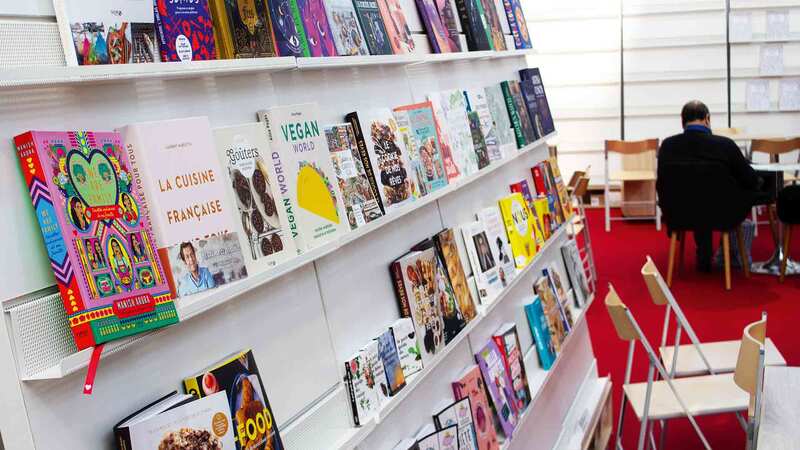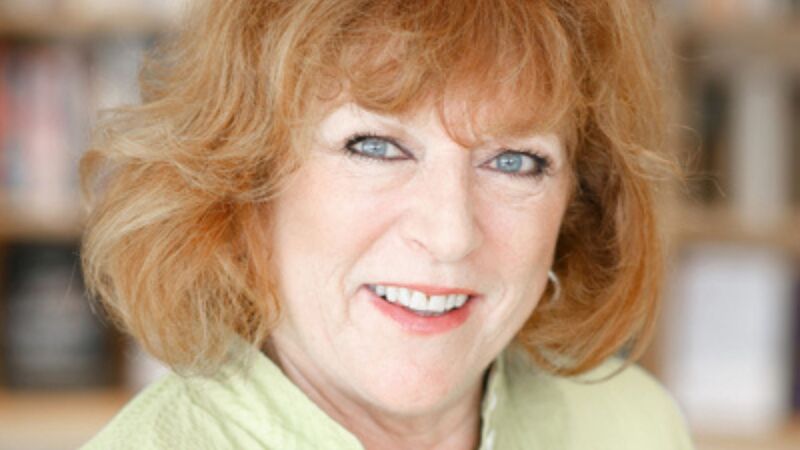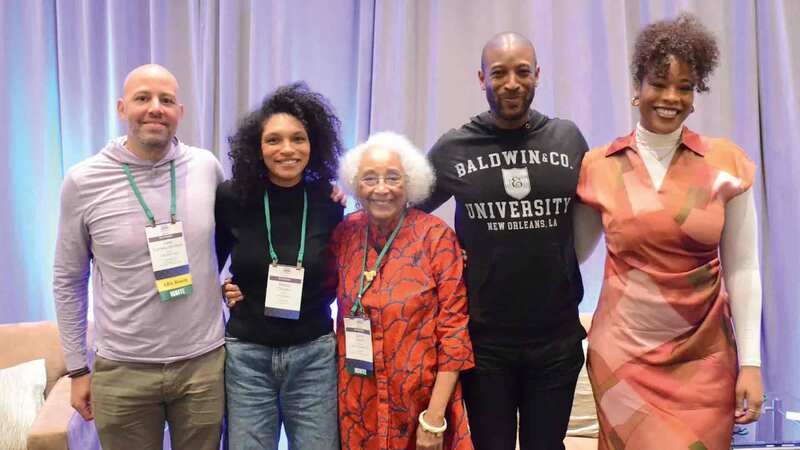Class chameleons: How working-class staff in publishing are fighting for change
Staff at the UK’s largest publishers are increasingly banding together to bridge the divide between staff of different socioeconomic backgrounds.

In my most recent class-related miscommunication in publishing, I said “ta” to someone and they, misunderstanding me, replied “ciao”. This was trivial. Funny, even. But when this happens often—and sometimes less trivially—it’s hard to feel like you belong.
For six years I felt that my working-class background was unusual in this industry. It is, of course: the figures show that there are fewer of us in publishing than in the population at large and that we earn less than colleagues from middle-class backgrounds. But recently, I’ve met more of us.
This summer, alongside Ebury’s Stephenie Reynolds, I co-founded Common Ground, a network for colleagues across Penguin Random House UK from working-class or lower socioeconomic backgrounds. We aim to provide a welcoming and inclusive space for staff, and work to reduce economic, regional and social barriers to publishing.
What I’ve found through Common Ground is that many others also felt that their socioeconomic background made them “different”, or that it negatively affected their career in some way. In talking about my own experience, I’ve heard others speaking up, and I have realised that there are more of us than you might think.
Now Common Ground is run by a talented team of five colleagues from across PRH—Lee Barnett, Richard Clesham, Rachael Mason, Emily Casey and Sophie Painter—and there is a growing community of members. One of them, Natalie Wall, put her finger on why we have felt alone for so long. There is a generation of class chameleons in publishing: absorbing information, mirroring behaviours, concealing certain aspects of themselves, learning to pass.
It’s right for our industry to work towards being more diverse in the people it hires and publishes—in terms of class and socioeconomic background, and in other areas too (all of which intersect)—but our industry’s toxic and unwelcoming monoculture attempts to turn everyone in our orbit into an imitation of a perceived publishing “type”. We’re failing.
The solutions aren’t radical. Individually, we can question our behaviour. Do you scoff at a new joiner when they don’t get your highly middle-class reference? Are you an agent who watches and says nothing when your privileged client snobbishly disrespects their working-class publicist? When a colleague says where they’re from, if it’s outside London and the South East, do you respond in a way that draws attention to how different that place must be from here? In an acquisitions meeting, when you say “I don’t think we’ll have to pay a lot for this”, do you mean “I think we can take advantage of this working-class author”?
But barriers to entering and thriving in our industry are often geographic as well as economic and social. I live in Sheffield. I moved to London when I started working in publishing, but a few years ago I returned to where I grew up. It amuses me when others in the industry react to this. “Really?” they say, with a hint of disbelief that broadband has reached this far.
A helping hand
Six years ago, I was an inaugural member of the Spare Room Project, which matches interns and job-seekers from outside London with those in publishing who can offer them a short-term place to stay. For me it was invaluable, and I implore anyone who is able to get involved to do so. But really, it’s a sorry situation that we need it—it’s the publishing industry’s equivalent of a food bank. We should pay interns and new joiners—and existing staff—enough that they can live in London, and we should find ways to support them working elsewhere in the UK. It isn’t difficult.
When I read that there was to be a Bookseller issue with a working-class focus, I wrote to Natasha Carthew, the guest editor, to thank her for doing it—“about time”, I said. Privately, I worried it might read like Monty Python’s “Four Yorkshiremen” sketch, or worse, that The Bookseller—and the rest of the industry—would only give airtime to working-class people in this week’s issue. I hope that won’t happen. A publishing industry that is representative of people from all backgrounds will be sustainable, more dynamic and stronger.














